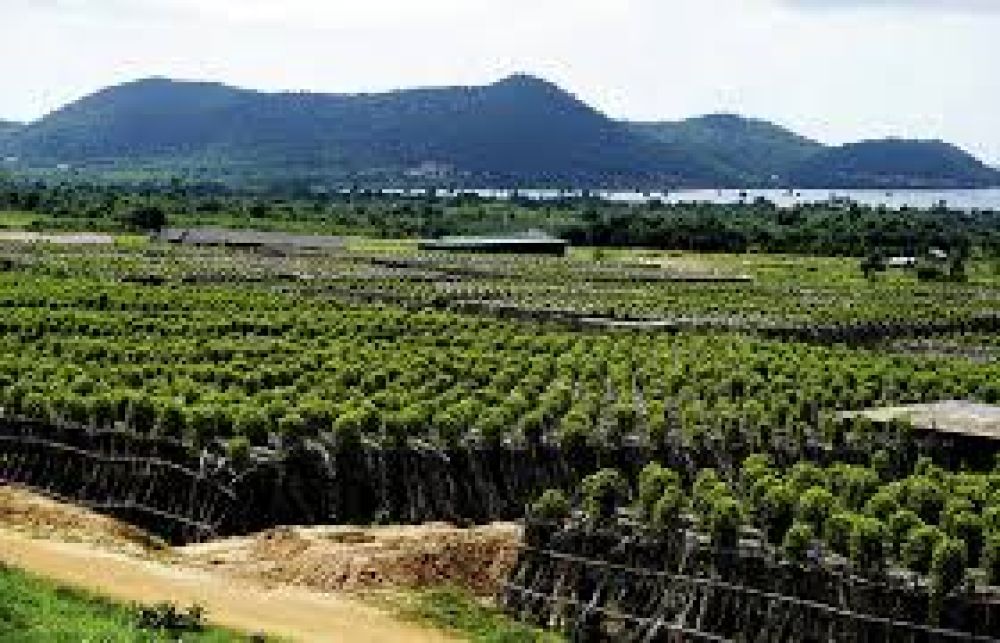

The serene region of Kampot in Cambodia, known for its picturesque landscapes and soothing climate, also harbors an agricultural gem - La Plantation. This organic farm, nestled in the Cambodian countryside, has become a landmark destination for both the high-quality Kampot pepper it produces and for tourism.
The history of peppercorn production in Kampot dates back centuries and is tied to the region's unique climate and soil composition. It wasn't until the French colonial era, however, that Kampot pepper gained global recognition for its exceptional flavor. The industry flourished until the turmoil brought by the Khmer Rouge regime in the 1970s, which nearly decimated this precious crop's production.
In the early 2000s, thanks to dedicated local farmers and supportive initiatives, the Kampot pepper industry experienced a renaissance. One significant milestone in this revival was the founding of La Plantation in 2013 by Guy Porre and Nathalie Chaboche. With a steadfast commitment to organic farming and fair trade practices, La Plantation has not only contributed to the rebirth of Kampot pepper on the global stage but has also sparked a surge in agrotourism in the region.
La Plantation has cleverly fused agricultural production with tourism, inviting visitors to experience the lush greenery of pepper plantations firsthand. The farm offers guided tours, where tourists learn about the history of Kampot pepper, the growing process, and the importance of organic farming.
Of late, there has been a shift towards sustainable and experiential travel. La Plantation caters to these trends by offering a transparent look into the journey of Kampot pepper from farm to table and by showcasing the cultural richness of rural Cambodia. Visitors can enjoy cooking classes, traditional music performances, and the exploration of nearby natural wonders.
La Plantation is also actively involved in community development, ensuring that tourism in the area contributes positively to the lives of local residents. By implementing educational programs, supporting local schools, and creating employment opportunities, they are setting standards for responsible tourism in Cambodia.
The growth of tourism in Kampot, with La Plantation as a focal point, is demonstrative of Cambodia's potential to combine cultural immersion, sustainability, and agricultural heritage to create a robust and enriching tourist experience.
For those planning to visit, La Plantation is open year-round, with the best time to witness the harvest season from February to April. The serene beauty of the plantation, coupled with its rich history and sustainable approach to farming and tourism, makes it an essential stop for any traveler looking to connect with the heart of Cambodia's agricultural tradition.